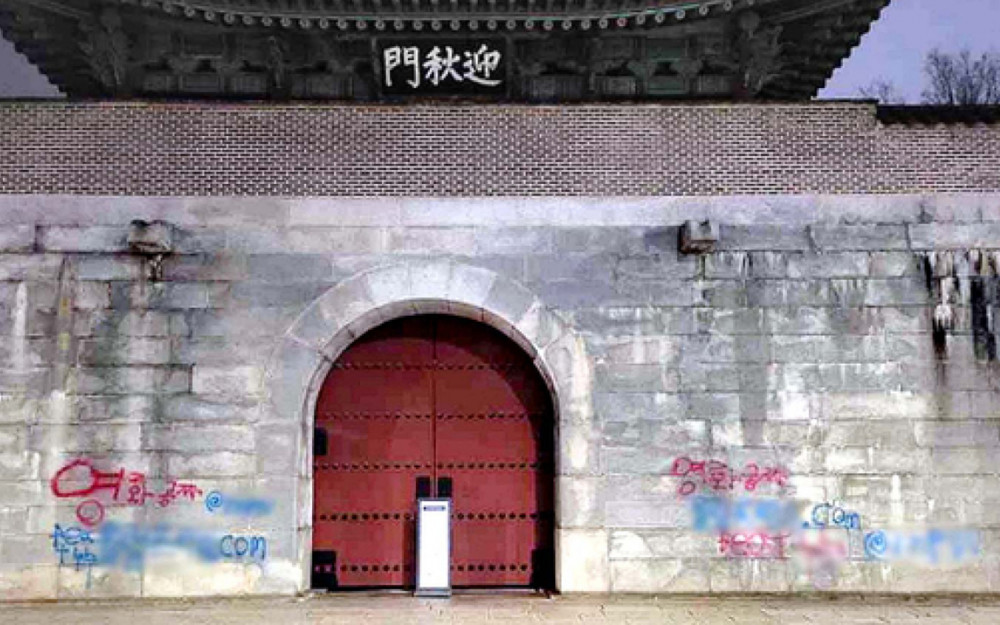
On December 18, the copycat suspect responsible for the recent vandalism of Yeongchumun, the western gate of Gyeongbok Palace in central Seoul, voluntarily turned himself in.
According to Korea JoongAng Daily, a man in his 20s admitted to spray-painting graffiti on the left wall on the evening of December 17, copying a similar crime committed the night before.
Police reports reveal that a new set of graffiti was discovered on the already-vandalized walls of Gyeongbok Palace on Sunday, expanding the affected area to 44 meters (144 feet).
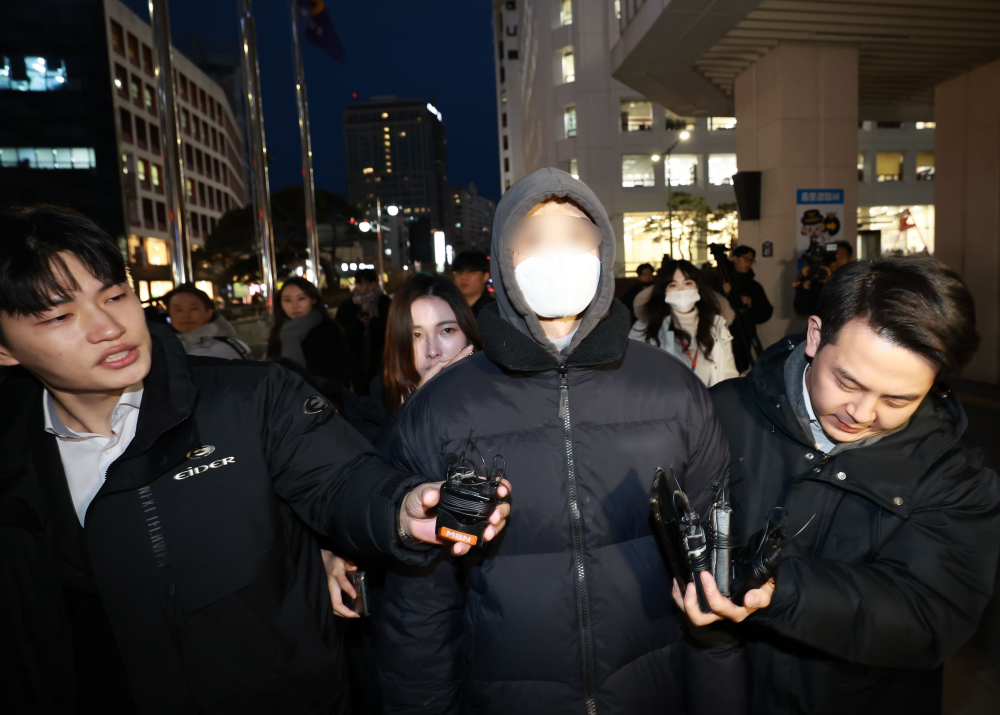
The fresh graffiti, painted in red and blue, covered a 3-meter-long and 2-meter-high section of the wall, featuring the name of a K-pop act and its album, mirroring the previous day's vandalism style. The incident was reported to the police by a passing bus driver on Sunday night.
According to security camera footage analyzed by the police, the suspect was observed spray-painting the left wall of Yeongchumun around 10:20 PM on Sunday.
To curb further vandalism at the country's major palaces, including Gyeongbok Palace, Deoksu Palace, Changdeok Palace, and Changgyeong Palace, the Cultural Heritage Administration announced the deployment of security guards.
Additionally, approximately 20 more security cameras will be added along the walls of Gyeongbok Palace, supplementing the existing 14 cameras surveilling the walls and 415 inside the palace grounds.
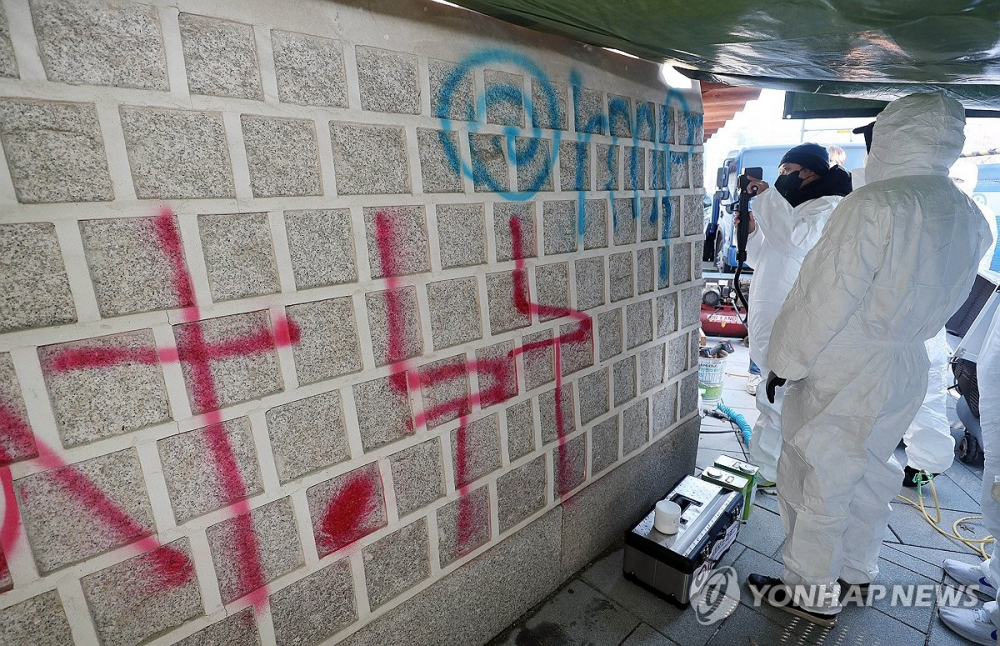
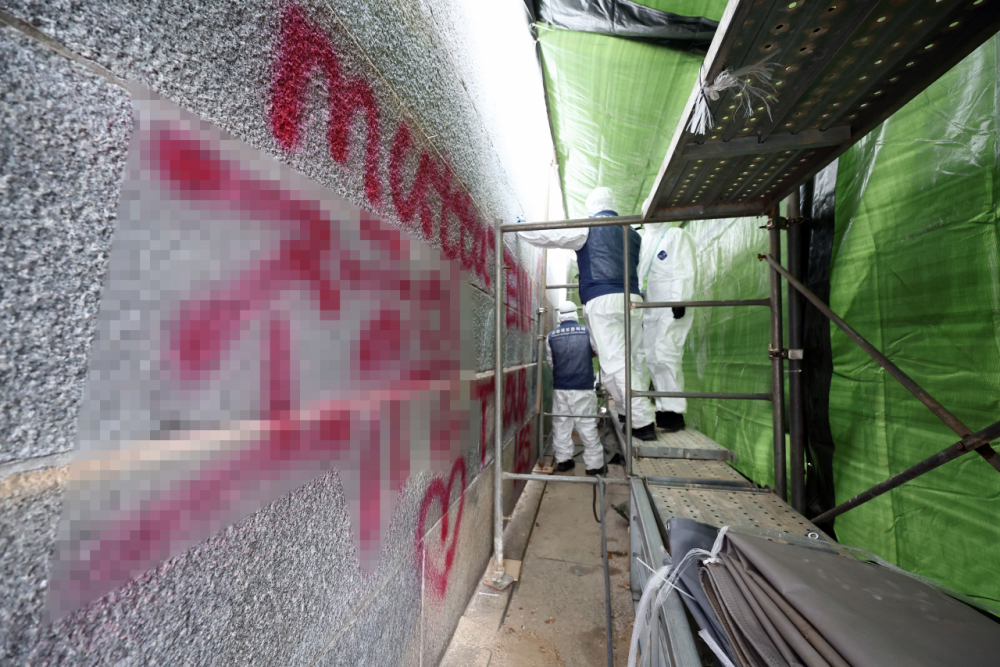
Meanwhile, the police continue their search for the original suspects involved in Saturday's vandalism, featuring the words "free movie" and a web address to an apparent illegal streaming site, which was painted in Korean with red and blue paint.
About 20 preservation specialists were sent to Gyeongbok Palace early Saturday morning, and restoration efforts are ongoing. Unfortunately, the additional graffiti discovered on Sunday has extended the estimated restoration time by another week.
Gyeongbok Palace, a state-designated cultural property, underscores the significance of preserving the walls of Yeongchumun. The Cultural Heritage Administration stressed its commitment to holding those who damage Korea's cultural heritage accountable under the Cultural Properties Protection Law. According to an official, violators could face up to five years in prison or a fine of up to 50 million KRW ($38,500).
 SHARE
SHARE



















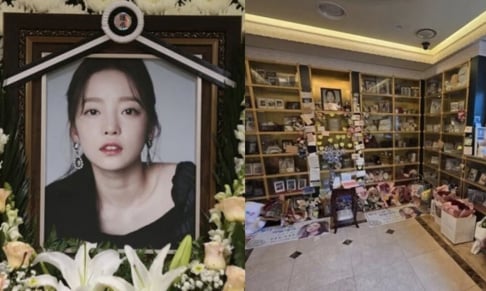



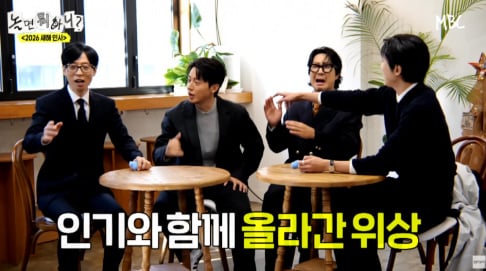
















Log in to comment